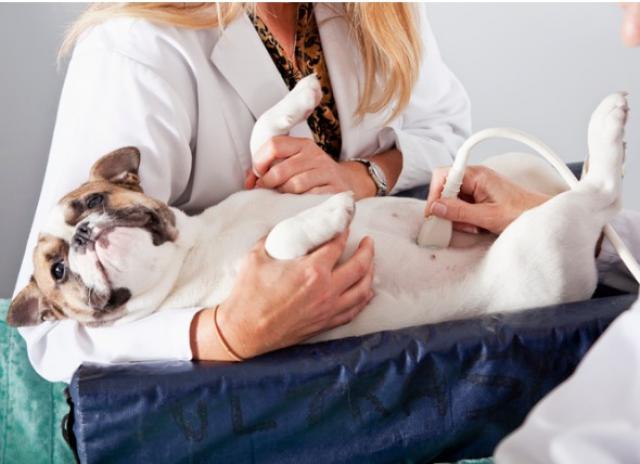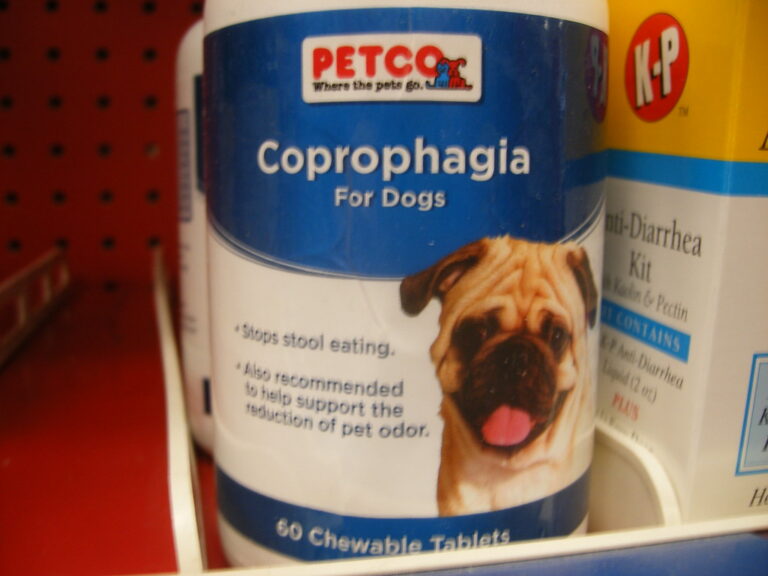Dog Health Certificate: Details, Quotes, and Examples
1. What Is a Dog Health Certificate?
A dog health certificate (also called a Certificate of Veterinary Inspection, or CVI) is an official document signed by a licensed veterinarian stating that your dog is healthy and up to date on required vaccinations and treatments.
“A health certificate is an official document issued by an accredited veterinarian after examining your pet and verifying that it meets the import requirements of the destination country or state.”
— USDA APHIS Pet Travel
2. Why Is It Needed?
- International travel: Most countries require a health certificate for entry.
- Domestic airline travel: Many airlines require a recent health certificate.
- Boarding/daycare: Some facilities require proof of health and vaccination.
“When moving our dog from Texas to Germany, Lufthansa airline required a health certificate issued within 10 days of departure, and Germany required documentation of rabies vaccination and microchip implantation.”
— Sarah H., pet owner
 3. What Information Is On the Certificate?
3. What Information Is On the Certificate?
- Pet’s name, breed, age, sex, color, and microchip/tattoo number (if applicable)
- Owner’s contact information
- Date of examination
- List of vaccinations (dates given and due)
- Details of parasite treatment (deworming, flea/tick)
- Statement confirming the animal is free of contagious diseases
- Veterinarian’s name, signature, license number, and clinic details
“The certificate must state that the animal has been examined and found free of infectious or contagious diseases and lists all required vaccinations.”
— CDC Bringing a Dog into the United States
4. Vaccination Requirements
- Rabies: Almost always required. Some countries demand a waiting period after vaccination (often 21 or 30 days).
- Others: DA2PP (distemper, adenovirus, parainfluenza, parvovirus), Bordetella, Leptospirosis, etc.
- Puppies: Must have completed the initial series of shots before travel.
“To bring your dog to the United Kingdom, your pet must have been vaccinated against rabies at least 21 days prior to travel and be microchipped. Proof must be entered on the health certificate.”
— UK Government Pet Travel Guidance
5. Testing and Treatments
- Physical Exam: Must be recent (typically within 10 days of travel).
- Fecal Test: Some countries require proof your dog is free of intestinal parasites.
- Blood Test: For example, to enter Australia, dogs must have a rabies antibody test.
- Parasite Treatments: Documented flea, tick, and worm treatments may be required shortly before travel.
“Some countries require that animals be treated for tapeworms or ticks within a specific timeframe prior to entry. This must be documented on the health certificate.”
— USDA APHIS
6. Special Forms and Endorsements
- USDA APHIS Form 7001: Used for many international exports from the US.
- EU Pet Passport: For travel between EU countries.
- Endorsement: For some destinations, after your vet’s exam, you must get the certificate endorsed by a USDA Veterinary Services office.
“We had to overnight our signed health certificate and rabies certificate to the USDA office in New York for endorsement before our move to France.”
— Mark L., expat pet owner
7. Timing and Validity
- Certificate validity: Usually 10 days before entry (can be up to 30 days for some destinations).
- Start early: Some requirements (like rabies titer tests or waiting periods) can take months.
“Pet owners should begin preparations as early as possible, as some countries require up to six months’ advance planning.”
— American Veterinary Medical Association
8. Cost Examples
- Veterinary exam and certificate: $50–$200
- Vaccinations: $20–$50 each
- USDA endorsement: $38–$173 (depending on number/type of animals and certificates)
- Microchip: $45–$75
“Our USDA-endorsed health certificate for travel to Japan cost $120 for the vet visit and $121 for the endorsement fee, plus overnight shipping.”
9. Country-Specific Requirements: Examples
- Canada: Health certificate within 10 days, proof of rabies.
- Australia: Rabies titer test, import permit, quarantine, and multiple vet visits.
- EU: Microchip, rabies vaccine, tapeworm treatment (if going to UK/Ireland/Finland/Norway/Malta).
10. Airline Requirements: Example
Delta Airlines:
“A health certificate issued within 10 days of travel is required for pets traveling as cargo. The certificate must state the animal is healthy enough for travel and list all vaccinations.”
— Delta Airlines Pet Policy
11. Tips and Best Practices
- Start early: Begin at least 4–6 months before international travel.
- Contact authorities: Check with USDA, airline, and destination consulate for up-to-date requirements.
- Keep originals and copies: Bring several copies for travel and authorities.
- Confirm endorsements: For many countries, the health certificate must be endorsed by the USDA or equivalent authority.
12. Sample Timeline for International Travel
| Task | Timeline Before Departure |
|---|---|
| Microchip implantation | 6+ months |
| Rabies vaccination | 6+ months |
| Rabies antibody titer (for some countries) | 3–6 months |
| Parasite treatment | 1–5 days |
| Final vet exam and health certificate | 10 days |
| USDA endorsement | 7–10 days |
13. Real-World Example: Moving from US to France
“We started preparing to move our dog six months before our flight. She needed a microchip, rabies vaccine, and a health certificate signed within 10 days of travel, then endorsed by the USDA. We also had to show proof of tapeworm treatment. The entire process, including vet visits, vaccines, and USDA fees, cost us around $350.”
— Emily R., pet owner
14. Official Resources
- USDA APHIS Pet Travel
- CDC Dog Importation
- IATA Traveler’s Pet Information
- UK Pet Travel Rules
Summary Table
| Requirement | Domestic | International | Example (UK) |
|---|---|---|---|
| Health Certificate | Sometimes | Always | Always |
| Rabies Vaccine | Usually | Always | Must be >21 days old |
| Microchip | Sometimes | Often | Required |
| Parasite Treatment | Rarely | Sometimes | Tapeworm for UK |
| USDA Endorsement | No | Often | Yes |
“Failing to meet any single requirement can result in your pet being denied entry, quarantined, or returned to the country of origin. Always confirm guidelines with official sources before travel.”
— American Veterinary Medical Association
The Requirements For a Dog Health Certificate


 3. What Information Is On the Certificate?
3. What Information Is On the Certificate?





